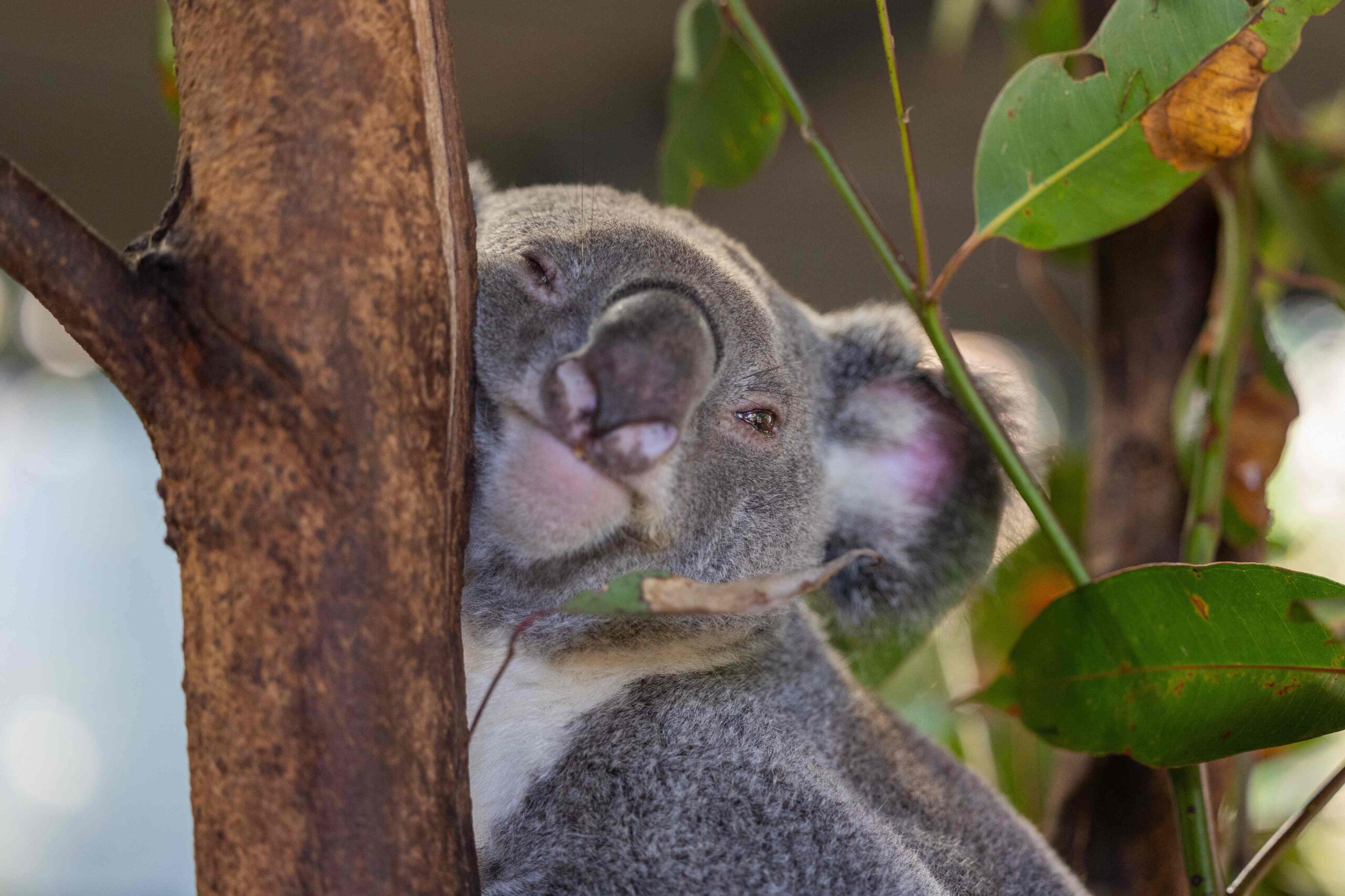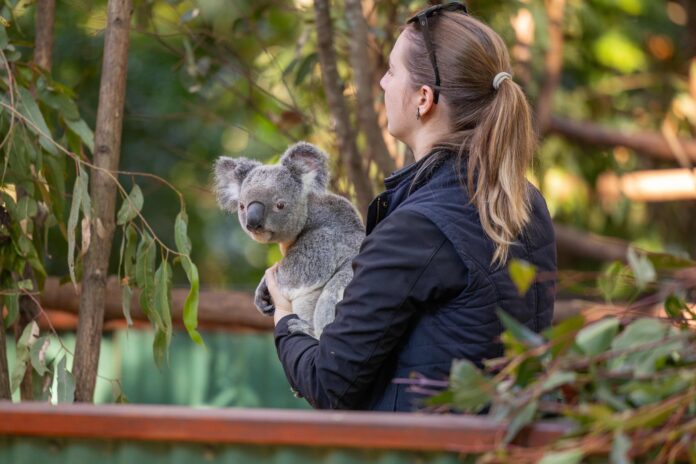A breakthrough vaccine for a common sexually transmitted disease has provided fresh hope for Australia’s most beloved endangered animal – and maybe a blueprint for human use.
Researchers at the University of the Sunshine Coast spent more than a decade developing a single-use vaccine for chlamydia in koalas.
After habitat loss and vehicle strikes, chlamydia is one of the main threats to koala populations, leading to blindness, pneumonia, urinary and reproductive tract infections, infertility and death.
“Chlamydial disease affects 50 per cent or more of all koala populations, so we need a new tool,” said Professor Peter Timms from the university’s Centre for Bioinnovation.
The vaccine has been approved by the national regulator, the Australian Pesticides and Veterinary Medical Authority.
Prof Timms said studies on koala populations using the vaccine over a 10-year period had shown reduced rates of disease and improved health outcomes, particularly for animals of breeding age.

He hoped the vaccine would begin to be rolled out early in 2026, starting with koalas in wildlife hospitals before progressing to wild populations.
Evidence has showed koalas become more vulnerable to chlamydia outbreaks because of long-term stress caused by habitat loss, bushfires and drought, Prof Timms said.
“We have got examples in places like northern NSW where chlamydia infection levels have gone from very low to nearly 80 (per cent),” he said.
Want more free local news? Follow Sunshine Coast News on Facebook, LinkedIn and Instagram, and sign up for our FREE daily news email.
While increased rates of chlamydial disease were related to fragmentation of koala populations due to land clearing, Prof Timms said habitat loss remained the greatest threat to the koala’s survival overall.
“If you haven’t got a tree, nothing much else matters,” he said.
“The problem with trees is that it takes a long time for them to grow, whereas a vaccine for chlamydial treatment can work immediately.
“There are less koalas today than there were yesterday, so if we can do our little bit where populations can increase in the future, we’d be pretty pleased about that.”
Prof Timms said the development of the vaccine had the potential to help in the fight against chlamydia in humans.
The World Health Organisation estimated that in 2020, there were more than 128 million new infections among people aged 15-49 globally.
“The rest of the world is interested in what we’re doing in the koala space, so there’s lessons to be learned from a koala vaccine that could be translated across to vaccines in humans as well,” Prof Timms said.





